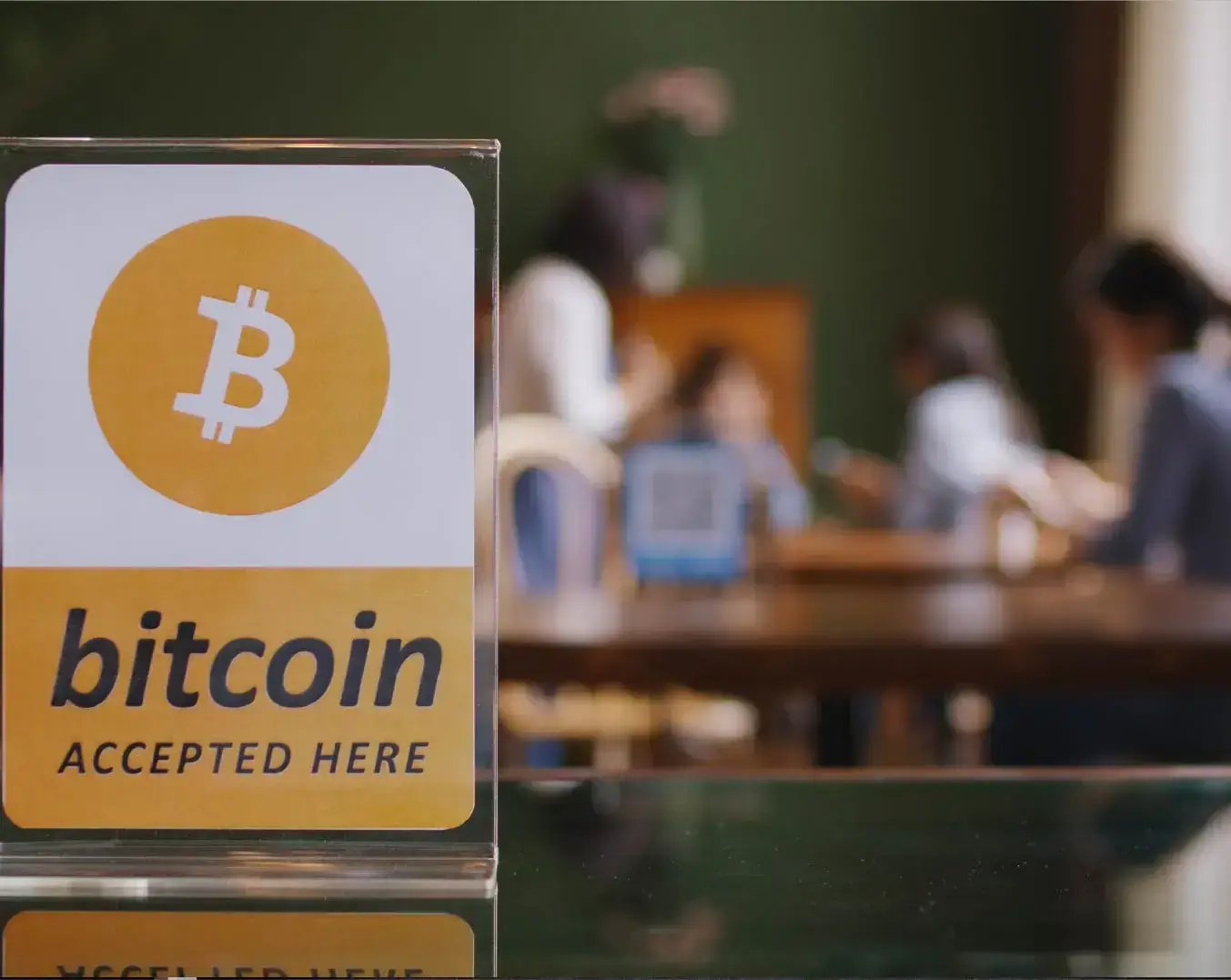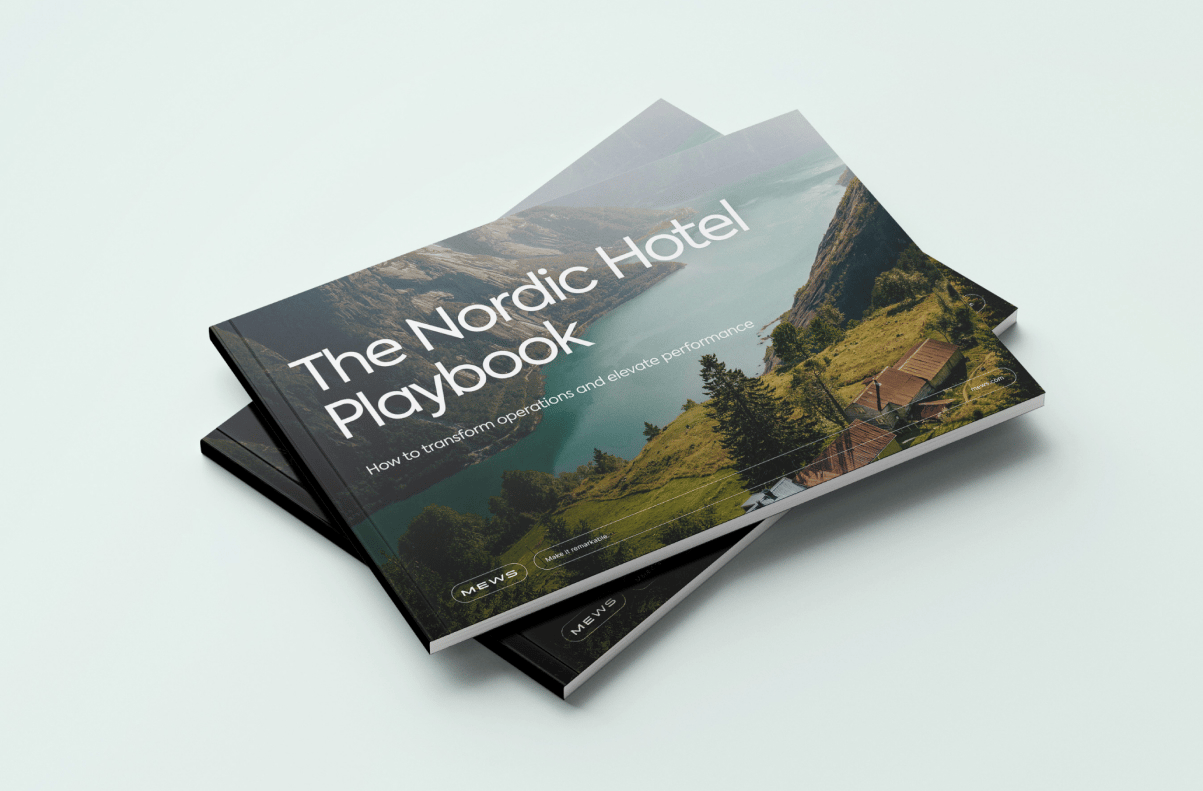Hotel distribution strategies are undergoing a big revolution driven by the adoption of innovative technology. This transformation is changing the way hotels interact with their guests and streamline their operations.
We could say that technology is the beating heart that pumps life and energy into hotel distribution. So, in this article, we'll explore the latest technologies that are becoming increasingly popular in the industry.
Table of contents
Top technologies applied to hotel distribution
From artificial intelligence and machine learning to blockchain and big data, technological solutions are reshaping the way hotels attract guests and manage their operations.. These technologies allow hotels to boost their efficiency and competitiveness in an increasingly demanding market.
Next, we'll delve into the technology that is leading hotel distribution into the future:
1. Big Data
With the rise of technology and connectivity, hotels now have access to vast amounts of information generated both by their guests and through internal processes. That's when Big Data steps in.
This powerful technology enables hotels to compile, process, and analyze large amounts of data from different sources like bookings, customer reviews, social media interactions, and guest preferences.
The goal is to turn this wealth of information into valuable insights, and that's exactly what Big Data does.
Data analysis helps hotels discover patterns and trends,, providing them with a deeper understanding of guest behavior and preferences. And by doing so, they can personalise and tailor their offers to provide a more relevant and engaging experience.
For instance, by analyzing large volumes of historical and real-time data, Big Data can predict demand patterns. This helps hotels strategically adjust their fees to maximize revenue and occupancy. Furthermore, by predicting future demand,, hotels can effectively manage their capacity and avoid missing out on business opportunities.
In short, Big Data is a powerful tool that helps hotels understand their customers, streamline their operations and take smarter strategic decisions..
2. Artificial Intelligence
Artificial Intelligence (AI) has become a game-changer in the hospitality industry, offering a wide range of applications to improve hotel distribution.
Smart chatbots, for instance, can instantly answer frequently asked questions, assist with bookings, and offer personalized suggestions based on past preferences and user behavior. AI is taking guest interaction to a whole new level.
Plus, this technology is transforming hotel marketing by helping to create super-targeted and personalized campaigns. It can even suggest exclusive offers and packages based on user behavior. Through guest data analysis, AI can identify specific customer segments and then create customized promotional messages to suit their particular interests and needs.
Another interesting feature of AI is its ability to continuously learn and improve over time. This process, known as machine learning, allows AI to adapt to new situations and make better predictions over time..
All in all, we could say that AI increases customer satisfaction and loyalty by providing more engaging and relevant customer experiences, while also improving the operational efficiency of hotels.
3. Automation
In today's fast-paced world, time is money, and automation is the key to streamlining processes and reducing costs.. From reservation management to check-in and check-out, the implementation of automated systems allows hotels to operate with greater accuracy and speed, freeing their staff to focus on more important tasks.
Just picture this: a reception without long lines of guests waiting to check in, but rather a quick and tailored welcome thanks to self-service kiosks that streamline the check-in process. Or, imagine an automated system that manages room inventory, updating it in real-time to prevent overbooking or shortages.
Automation not only streamlines internal operations but also allows staff to focus on more strategic and important tasks. Employees can focus on delivering an exceptional service, fulfilling guests' specific needs, and offering personalized recommendations to improve their experience.
And automation isn't just about operations. Marketing campaigns can can also benefit from automated systems: they streamline the process of sending segmented emails and personalized messages to potential customers and encourage loyalty among regular guests.
Remember, with each automated task, hotels can boost their productivity and responsiveness, offering guests a smoother and more comfortable experience.
4. Blockchain
When it comes to ensuring security, transparency, and efficiency in hotel distribution, there's no technology more promising than blockchain. This groundbreaking technology is here to revolutionize the way hotels manage bookings, payments, and guest interactions.
In a world where privacy and data protection are crucial, blockchain stands out as a reliable system that safeguards the integrity of every transaction. Decentralizing information ensures that data is safe in a distributed and highly secure network, reducing the risks of data hacking and manipulation.
One big advantage of blockchain for hotel distribution is that it eliminates third parties. Traditionally, bookings involve multiple intermediates and platforms, which can increase costs and result in disagreements. With blockchain, hotels and guests can communicate directly.
Plus, blockchain technology simplifies the of use smart contracts.. These digital contracts are autonomous and execute automatically when specific predefined conditions are met. This way, hotels can ensure that reservation and payment terms are met, which builds trust among all parties involved.
Another interesting aspect of blockchain in the hotel industry is the use of cryptocurrencies. Hotels offer international guests a safer and faster payment option by accepting cryptocurrency. This avoids the hassle and fees linked to currency conversions.
5. Internet of Things (IoT)
Nowadays, the Internet of Things (IoT) is more than just a tech promise—it's a real thing in the industry.
Thanks to IoT, hotels can set up a smart, connected environment where all devices, from door locks to thermostats and TVs, are interconnected and communicate with each other. This means that guests can enjoy a fully personalised experience tailored to their individual preferences.
Imagine walking into your room and having the lights turn on automatically as soon as you open the door, the thermostat adjusted to your preferred temperature, and the Tv suggesting shows based on what you've watched before. All of this is thanks to IoT, which creates an environment where technology works in harmony to make every room unique and comfortable..
The Internet of Things (IoT) is one of the new technologies revolutionizing hotel distribution, making sure guests enjoy remarkable experiences while improving operational efficiency. With smart sensors and real-time data analysis, hotel staff can optimize the use of resources such as energy and water, leading to a more sustainable and responsible management.
Conclusion
In conclusion, we're witnessing a transformation in the way hotels interact with their guests and manage their operations. Each of these five technologies could be seen as a guiding light leading hotels towards a successful future.
Which one should you implement first? That will depend on the specific needs and approach of your hotel. But one thing's for sure: embracing these technological innovations will give your property a real competitive advantage, and all the benefits that come with it.

Author
Eva Lacalle
Eva has over a decade of international experience in marketing, communication, events and digital marketing. When she's not at work, she's probably surfing, dancing, or exploring the world.
Hospitality hot takes straight to your inbox
Sign up to our monthly newsletter for industry insights, product news, partner updates and more.

The Nordic Hotel Playbook
Download now


.webp)